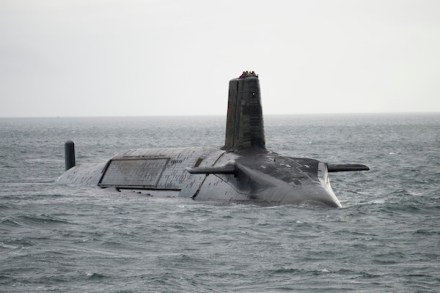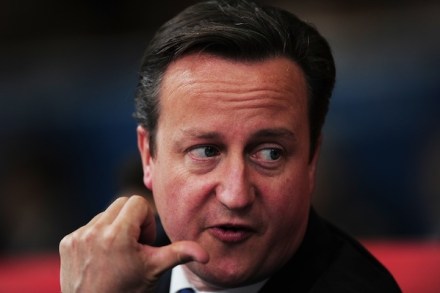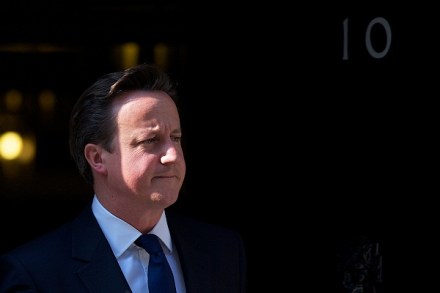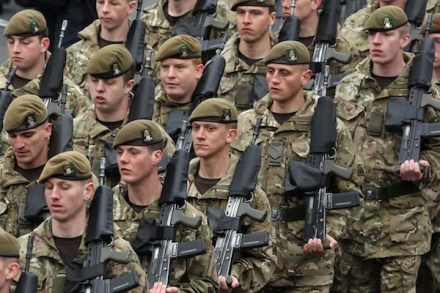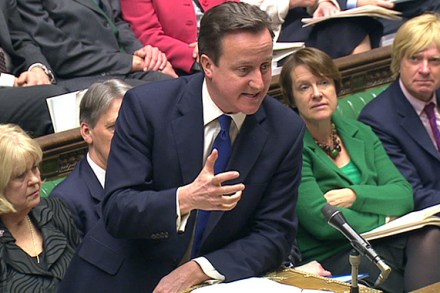Nemo me impune lacessit: defending an independent Scotland
Sometimes I wish Conservative cabinet ministers would couch their arguments in favour of the Union in terms of principle, not process or drab accountancy. Philip Hammond, the unimpressive Secretary of State for Defence, is the latest minister to warn that some of the perfectly solvable problems that are an inescapable feature of unwinding the United Kingdom are in fact so intractable that it’s a fool’s mission to even think about resolving them. Mr Hammond’s interview with the Daily Telegraph today is but the latest example of this question-begging. He appears to believe that Scottish independence is an idea so obviously ridiculous that it effectively refutes itself without the need for







